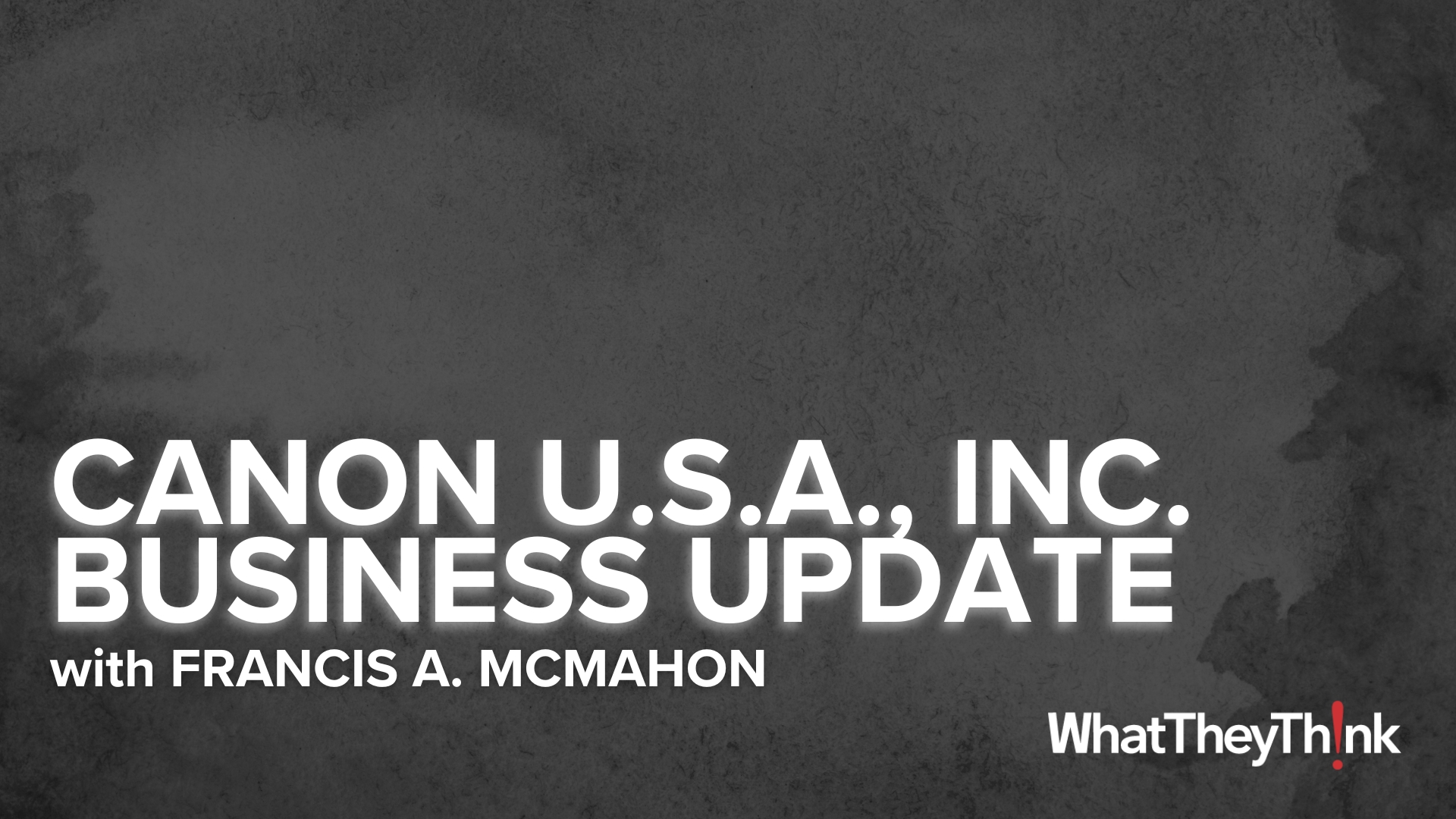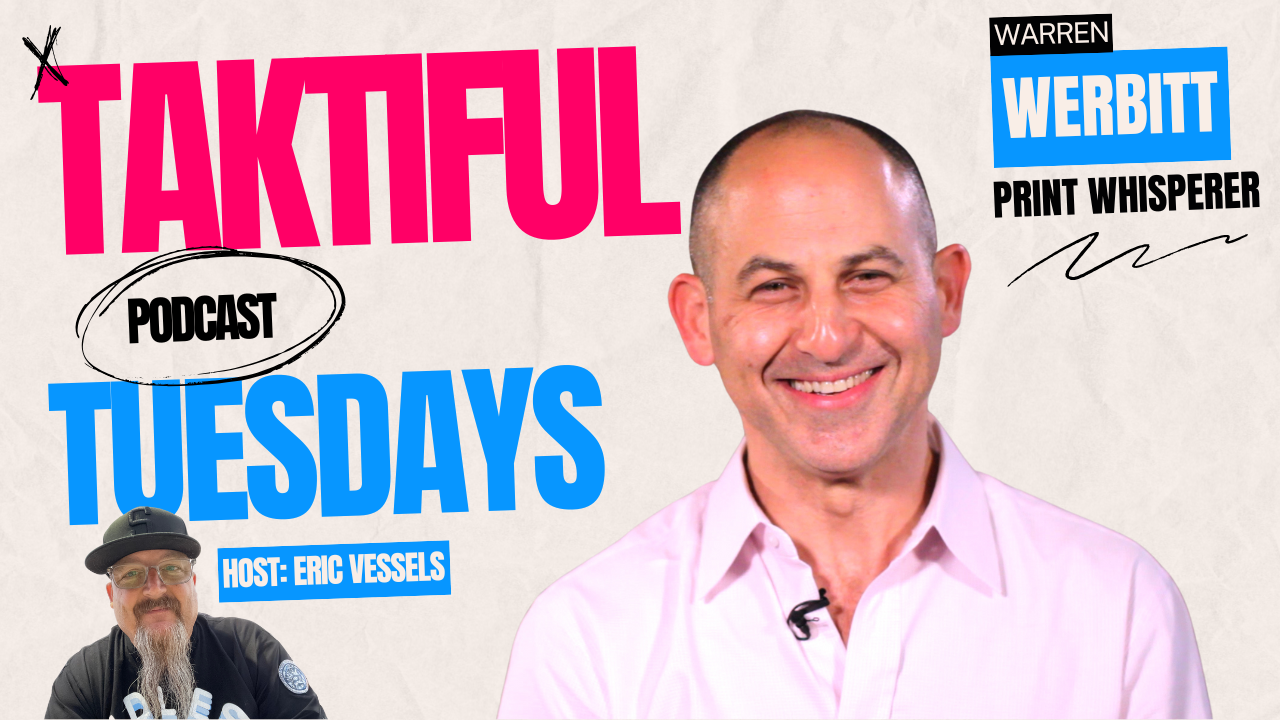- Going green has become an important competitive factor, but misleading information about sustainable practices has prompted increased allegations of greenwashing.
- A 2020 study by the European Commission found that over half of examined environmental claims in the European Union were vague, misleading, or unfounded.
- Much like greenwashing, greenhushing does little to promote one’s concern for the environment.
By Mark DiMattei
Introduction
Amid growing concerns about the environment, consumers and businesses alike are turning their attention to sustainability. For several years now, businesses have been promoting their eco-friendly practices to establish a rapport with customers, differentiate themselves from competitors, and help preserve our natural resources for future generations. In fact, these tactics have become so widespread that savvy consumers have become increasingly wary of so-called “greenwashing,” whereby an organization knowingly overstates its sustainability initiatives.
Today’s consumers want to do business with firms that share their concern for the environment, but being accused of greenwashing is almost as bad as having no sustainability goals to speak of. As a result, some businesses are now engaging in “greenhushing,” which involves deliberately downplaying any environmental commitments. Ultimately, neither extreme is particularly good for business. This article explores the importance of striking a balance by demonstrating a concern for our planet without coming across as insincere or downright dishonest.
From One Extreme to the Other
Many businesses once seemed quite eager to promote their eco-friendly practices to score points with environmentally conscious consumers. There’s no question that going green has become an important competitive factor, but misleading information about sustainable practices has prompted increased allegations of greenwashing. In fact, a 2020 study by the European Commission found that over half (53%) of examined environmental claims in the European Union (EU) were vague, misleading, or unfounded. In addition, 40% of such claims were unsubstantiated.
According to the New York Times, the concept of greenhushing gained traction in the fall of 2022 due to increased scrutiny of business’ sustainability claims. No one wanted to be accused of overstating their commitment to the environment, so some firms opted to “go green, then go dark” to avoid the risk of being called out for greenwashing. The problem is that consumers want to do business with eco-friendly companies, and greenhushing (much like greenwashing) does little to promote one’s concern for the environment.
Xavier Font, Professor of Environmental Marketing at the University of Surrey, defines greenhushing as “the deliberate downplaying of your sustainability practices for fear that they will make your company look less competent or have a negative consequence for you.” According to research conducted by the Swiss carbon finance consultancy South Pole, most surveyed businesses reported meeting or exceeding their science-based emission reduction targets. Despite this, nearly a quarter of them didn’t plan to promote it because they were concerned about pushback from clients and consumers.
We are currently facing a worldwide crisis where environmental groups are warning us about the effects of global warming, companies based in the extraction of fossil fuels are potentially polluting the landscape, and greenhouse gases (which trap heat in the atmosphere) are contributing to natural disasters that people aren’t equipped to handle. We owe it to our planet and its future inhabitants to minimize our carbon emissions, reduce waste, and encourage others to adopt their own “green” methods.
Life can never be easily compartmentalized; the same factors that affect our professional business lives can also affect our personal lives. Successful sustainability practices like the Green New Deal in the US or the UK’s 2021 Environmental Act may ultimately help us prevent catastrophic environmental events that have the potential to impact us all.
The Bottom Line
It’s more important than ever for businesses to overcome their fears of greenwashing accusations. In addition to making themselves known to consumers who genuinely want to support the environment, firms that incorporate honest “green” initiatives can positively impact their own bottom lines. We all share the same planet, and committing to a cleaner, more eco-friendly tomorrow is a win-win for consumers and businesses alike.
Mark DiMattei is the Manager for Keypoint Intelligence’s Publishing, Editing, and News group. He is responsible for editing all of the company’s deliverables for grammar and content, ensuring that all documents adhere to the company’s standards. He also assists in authoring reports and blogs on topics spanning the production printing and office document technology markets.













